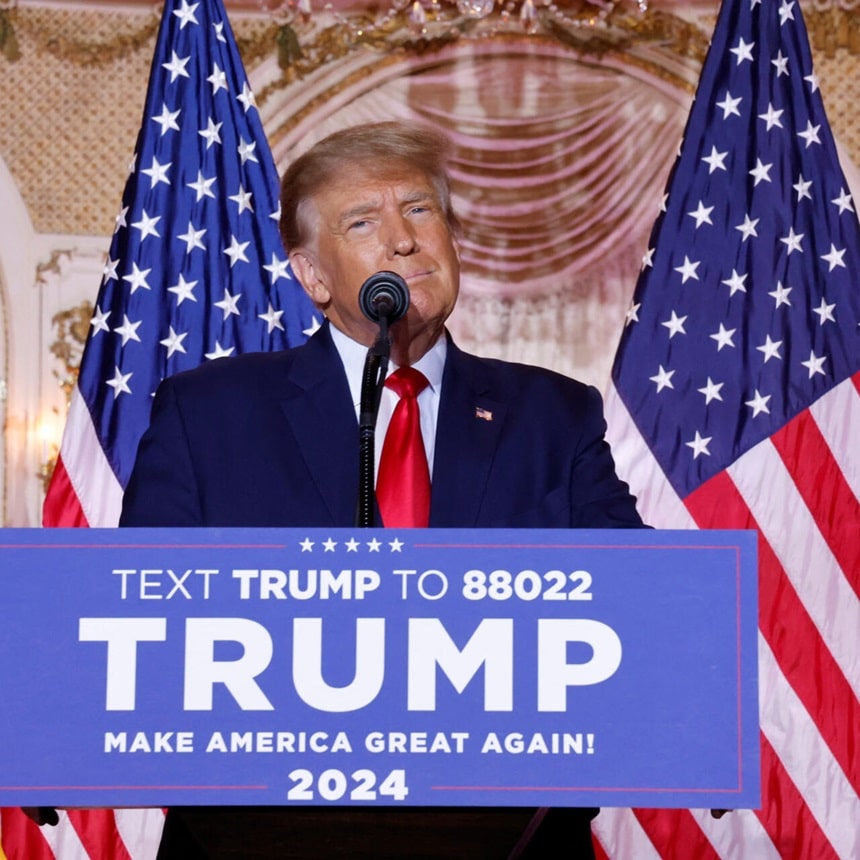Allies of the former president are on a fervent quest for legal avenues to levy tariffs on every import, unveiling a strategy that could reshape the very fabric of the U.S. economy. Donald Trump’s economic strategists are fervently exploring new legal pathways to justify imposing tariffs on all imports, laying the groundwork for a second-term agenda that promises a seismic shift in economic policy. This bold plan, championed by Trump on the campaign trail, seeks to encircle the American economy with a formidable barrier, imposing tariffs of at least 10 percent on goods imported from every corner of the globe.
With a determined gaze fixed on over $3 trillion in annual imports, Trump’s plan risks igniting inflation to soaring heights, heralding what could be the most significant escalation of trade tensions in generations. Yet, navigating the intricate web of legalities proves a daunting task, as the Constitution grants Congress authority over taxation and foreign commerce regulation.
Robert E. Lighthizer, Trump’s esteemed trade counselor, has championed two potential legal theories to justify this sweeping tariff policy. However, skepticism looms large among some of Trump’s allies, who fear these efforts might crumble under legal scrutiny. Amidst these uncertainties, Trump’s advisers tirelessly explore alternative bases for the plan, determined to surmount any legal hurdles.
“It’s a live option,” remarks GOP policy analyst Doug Holtz-Eakin, offering insight into the fervent deliberations among Trump’s inner circle. Conversations with multiple Trump advisers reveal a relentless pursuit to devise a framework for implementing the tariff policy, braving the storm of potential legal challenges. Despite these fervent efforts, Trump’s spokesman, Jason Miller, vehemently denies any ongoing legal strategy discussions, exuding confidence in the abundance of legal tools available to the former president.
As Trump’s economic agenda unfolds, diverging perspectives emerge among his advisers. While some view his aggressive trade proposals as shrewd negotiation tactics aimed at extracting concessions from trading partners, others advocate for enduring trade restrictions to revitalize domestic manufacturing. The former president himself oscillates between these worldviews, hinting at both in his public statements. Yet, the disruptive potential of his plans remains undeniable, casting a shadow over the global economic landscape.
Trump’s proposals extend beyond the 10 percent “universal” tariff, with plans to escalate import duties on Chinese goods to unprecedented heights. These ambitious endeavors carry profound implications for both the U.S. economy and international trade relations. Despite the uncertainty surrounding the legal viability of Trump’s universal tariff proposal, his unwavering determination to reshape trade policy looms large on the horizon, poised to unleash a seismic shift in global commerce.

